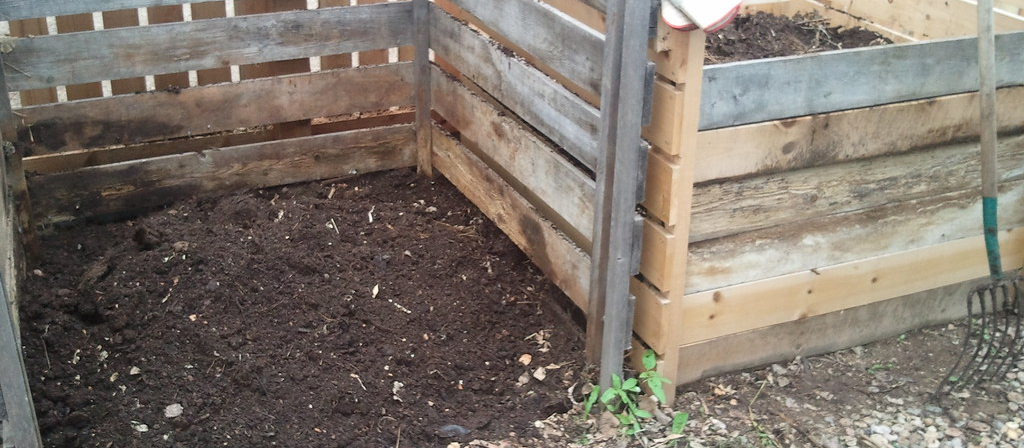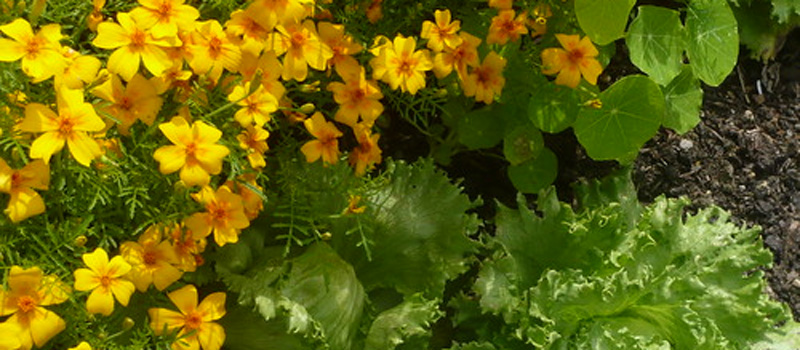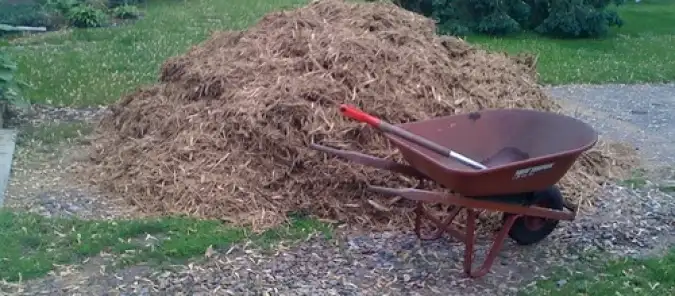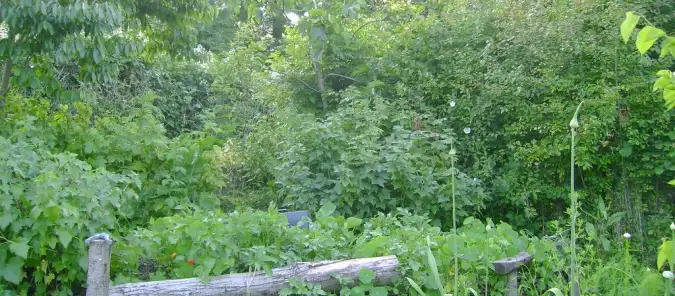Categories > Permaculture
Building Healthy Soil in Permaculture Gardens
Permaculture gardens thrive on the principle of working with nature, and at the heart of a successful permaculture garden lies healthy soil. Building and maintaining fertile soil is essential for sustainable gardening practices that promote biodiversity, water conservation, and overall ecosystem health.
The Importance of Healthy Soil
Soil is not just a medium for plant growth; it is a complex ecosystem teeming with life. Healthy soil supports a diverse community of microorganisms, insects, and other organisms that contribute to nutrient cycling, disease suppression, and overall soil structure. In permaculture, the focus is on creating a self-sustaining system where the soil is a living entity, providing the necessary nutrients for plant growth.
Healthy soil also plays a crucial role in water retention and drainage. Well-structured soil with ample organic matter can hold onto moisture, reducing the need for frequent irrigation. This, in turn, helps in water conservation, a key consideration in permaculture practices.
Building Soil Fertility
Building fertility in permaculture gardens involves enhancing the organic matter content of the soil. Incorporating compost, well-rotted manure, and cover crops is a fundamental practice. Compost, often referred to as "black gold" in gardening circles, is a nutrient-rich, humus-like material that improves soil structure and fertility.
Additionally, cover crops such as legumes can be planted to fix nitrogen in the soil. Nitrogen-fixing plants play a vital role in converting atmospheric nitrogen into a form that plants can use, promoting a healthy and balanced nutrient profile in the soil.
Companion Planting for Soil Health
Companion planting is another permaculture technique that enhances soil health. Certain plants have natural affinities with each other and can be strategically planted together to maximize benefits. For example, planting nitrogen-fixing beans near heavy-feeding crops like corn can provide a natural source of nitrogen to the soil.
Furthermore, some plants release compounds that deter pests or attract beneficial insects. Integrating these companion plants into your permaculture garden can contribute to a healthier and more resilient ecosystem.
Mulching for Moisture Conservation
Mulching is a simple yet effective practice in permaculture that helps maintain soil moisture levels. Applying a layer of organic mulch, such as straw or wood chips, around plants not only conserves water but also adds organic matter to the soil as it breaks down over time. Mulching also prevents soil erosion and suppresses weed growth, contributing to overall soil health.
Regenerative Practices for Long-Term Soil Health
Permaculture gardens emphasize regenerative practices that aim to improve the land over time. Crop rotation, agroforestry, and incorporating perennial plants into the garden are essential strategies. These practices prevent soil degradation, encourage biodiversity, and contribute to the creation of a resilient and sustainable ecosystem.
In conclusion, building and maintaining healthy soil is at the core of permaculture gardening. By working with nature and fostering a diverse and thriving soil ecosystem, permaculturists can create gardens that are not only productive but also sustainable and resilient. Adopting practices such as composting, companion planting, and mulching contributes to the overall health of the soil, supporting the principles of permaculture and paving the way for a more sustainable and regenerative future.
Remember, a healthy permaculture garden starts from the ground up – with the soil!
Newsletter



